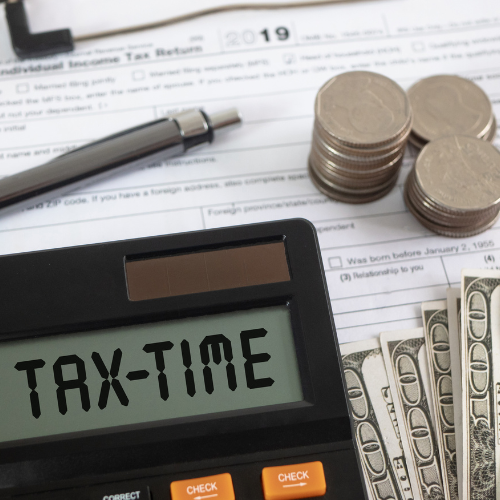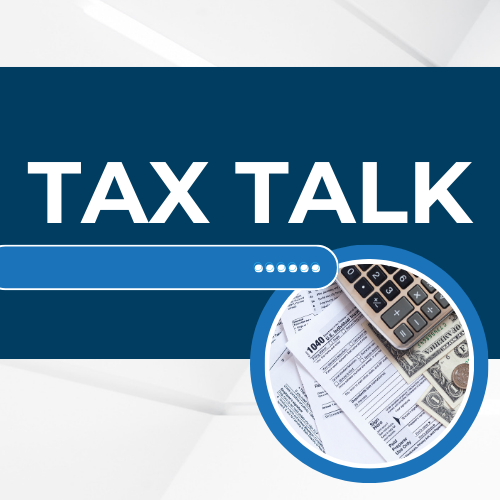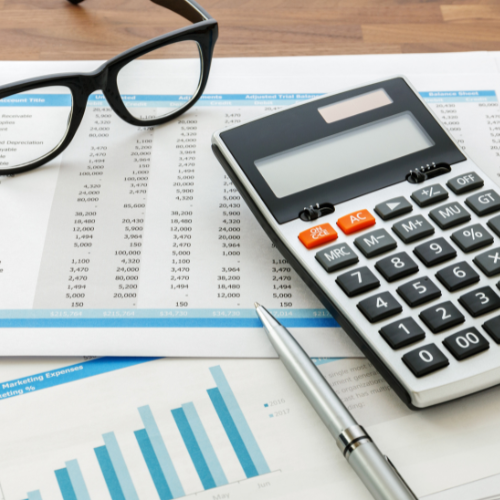New IRS Rules for Peer-to-Peer Payments
The IRS has recently updated its rules for peer-to-peer (P2P) payment providers.

The IRS has recently updated it's plan to implement reporting rules for peer-to-peer (P2P) payment providers.
Previously, the IRS announced that these rules would go into effect for the 2023 tax year, but now they will not go into effect until 2024. The IRS has clarified that they will treat 2023 like a "transitional year" and these reporting rules will not go into effect until next tax year (meaning you will receive the 1099-K in early 2025 for tax year 2024).
Here's the deal about the new rules:
Under the new rules, P2P providers will be required to issue Form 1099-K to sellers who receive more than $600 in payments in a calendar year. This is a significant change from the previous threshold of $20,000 in payments.
The new rules are designed to help the IRS track income from gig economy work and other forms of online commerce. They also put P2P providers on the hook for ensuring that sellers are properly reporting their income.
If you are a seller who uses a P2P payment provider, you will need to be aware of the new rules. Here are some things you need to do:
- Keep track of all of your income from P2P payments.
- Make sure that you report all of your income on your tax return.
- If you receive a Form 1099-K from a P2P provider, be sure to include it with your tax return.
The new rules may seem daunting, but they are important to follow. By understanding the rules and taking the necessary steps, you can avoid any potential problems with the IRS.
Here are some additional things to keep in mind about the new rules:
- The new rules apply to all P2P payment providers, including Venmo, PayPal, and Cash App.
- The new rules only apply to payments for goods and services. They do not apply to payments for personal expenses, such as sending money to friends or family.
- The new rules are effective for transactions that occur in calendar year 2023 and beyond.
If you have any questions about the new rules, you should consult with a tax professional.















